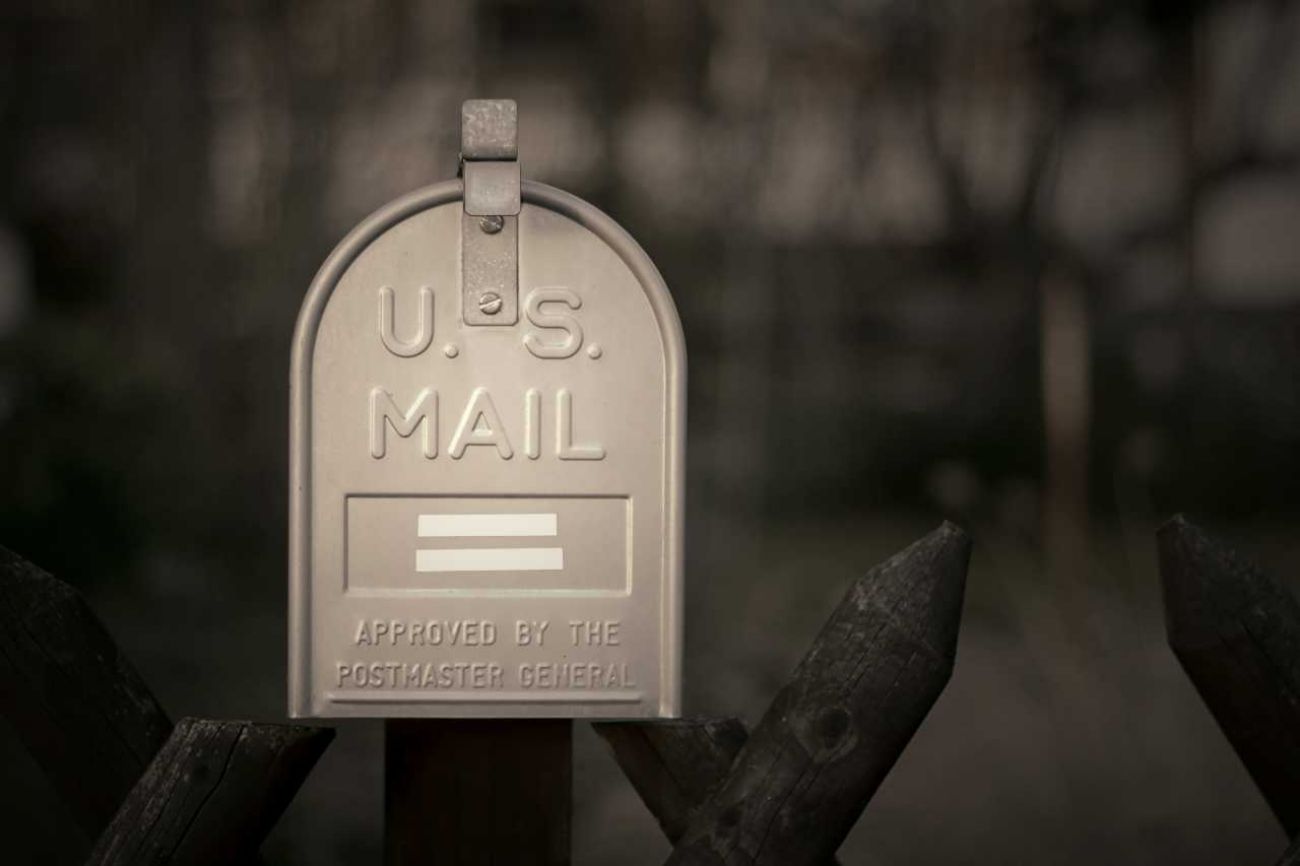Will Postal Service botch election in Michigan? It’s unlikely, experts say.

For weeks, Americans have feared impending doom: Cuts in the U.S. Postal Service would jeopardize mail-in balloting during the November election.
On the verge of likely the biggest absentee-ballot election in Michigan history, those fears were spurred by the removal of mail boxes and sorting machines across the country, including some in Michigan.
President Trump has attacked mail-in balloting, calling it fraudulent and a threat to his candidacy — and suggesting he’d withhold funding for the Postal Service to hinder the practice. Officials warned Michigan and 45 other states there’s no guarantee absentee ballots would arrive in time to be counted in November.
Related links
- Michigan may sue feds over postal service delays, absentee ballot concerns
- Postal Service delays changes. Michigan, other states sue over slowdown
- Map: Trump counties less likely to vote absentee in Michigan primary
- Absentee ballots favor Democrats in Michigan, causing worry among GOP
At least one test, though, suggests the worst fears may be overblown.
Bridge Michigan asked co-workers, correspondents and family members to send nearly 50 pieces of mail in the past two weeks, within 10 counties, mimicking the shorter distance that an absentee ballot would go (typically to the local elections clerk in the same town).
Only one took more than three days (a letter in Midland took five days) and most took just two days to zip around counties from Monroe to Houghton and a number of points in between.
More than 30 letters sent in Antrim, Clare, Grand Traverse, Ingham, Midland, Monroe, Muskegon and Washtenaw counties took just two days or less to arrive. Three letters in Houghton took three days, three letters in Oakland County (West Bloomfield, Birmingham and Beverly Hills) took three days.
As of Friday, only one letter had not been delivered: a letter sent from Birmingham on Aug 21, a total of six business days.
That’s not to say letters can't take longer, and volume should increase as Election Day nears. And that’s not to say letters and packages traveling greater distances are not seeing delays.
But local mail seems to be getting delivered in relatively short order, said Amy Puhalski, president of American Postal Workers Union Local 281 in Grand Rapids, who is a mail processor. She has noted the dismantling of sorting machines in her region.
Puhalski said she has heard recent complaints about late delivery — but never on letters traveling within a community, as is typically the case for absentee ballots.
She said the U.S. Postal Service for decades has put a priority on political mail, pulling it aside to ensure its timely delivery whether it’s an absentee ballot or a candidate’s advertisement.
“I don’t believe that there will be [a delay,]” she said, of election-related mail.
Election mail is not the only concern, though: Millions get their monthly prescriptions filled by mail and many get monthly pensions and Social Security checks by mail.
That prompted Michigan U.S. Sen. Gary Peters, D-Bloomfield Township, to launch an investigation into cost-cutting moves by U.S. Postmaster General Louis DeJoy.
Peters is the ranking Democrat on the Senate committee that oversees the Postal Service and he began asking questions about the Postal Service in July after receiving more than 7,500 complaints in recent months about delivery delays.
During a hearing, Peters questioned DeJoy about the service’s practice of treating election mail as priority mail, and DeJoy said he didn’t intend to change any policies.
“The policies directed by Postmaster General DeJoy have created mail delays at a time when Michiganders are counting on reliable service to receive prescription drugs, paychecks and bills, for small businesses to connect with their customers, and to safely vote by mail – especially during the pandemic,” Peters said in an emailed comment to Bridge.
DeJoy last week defended the removal of sorting machines and other moves, like cutting overtime, saying they did not affect performance and were needed to cut costs.
In Michigan, voters have until 8 p.m. on Election Day to return a mail-in ballot, which can be done in person. To be counted, however, it needs to arrive by mail on Election Day, not just be postmarked by then.
Jocelyn Benson, Michigan’s secretary of state, has urged voters to mail their ballot application requests and then their ballots as soon as possible to ensure their votes are counted.
More than 6,000 ballots did not arrive in time to be counted during the August primary, and Benson has said she has requested that legislators change state law to allow late ballots to count.
But even if they don’t change the law, voters should leave lots of time, her staff said.
“We are recommending two weeks out [from Election Day,]” Tracy Wimmer, a spokesperson for Benson, wrote in an email to Bridge Michigan. “After that we will be advising folks should return them in person or to a drop box.”
See what new members are saying about why they donated to Bridge Michigan:
- “In order for this information to be accurate and unbiased it must be underwritten by its readers, not by special interests.” - Larry S.
- “Not many other media sources report on the topics Bridge does.” - Susan B.
- “Your journalism is outstanding and rare these days.” - Mark S.
If you want to ensure the future of nonpartisan, nonprofit Michigan journalism, please become a member today. You, too, will be asked why you donated and maybe we'll feature your quote next time!




